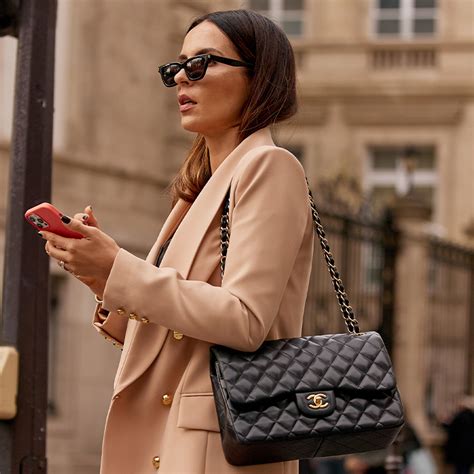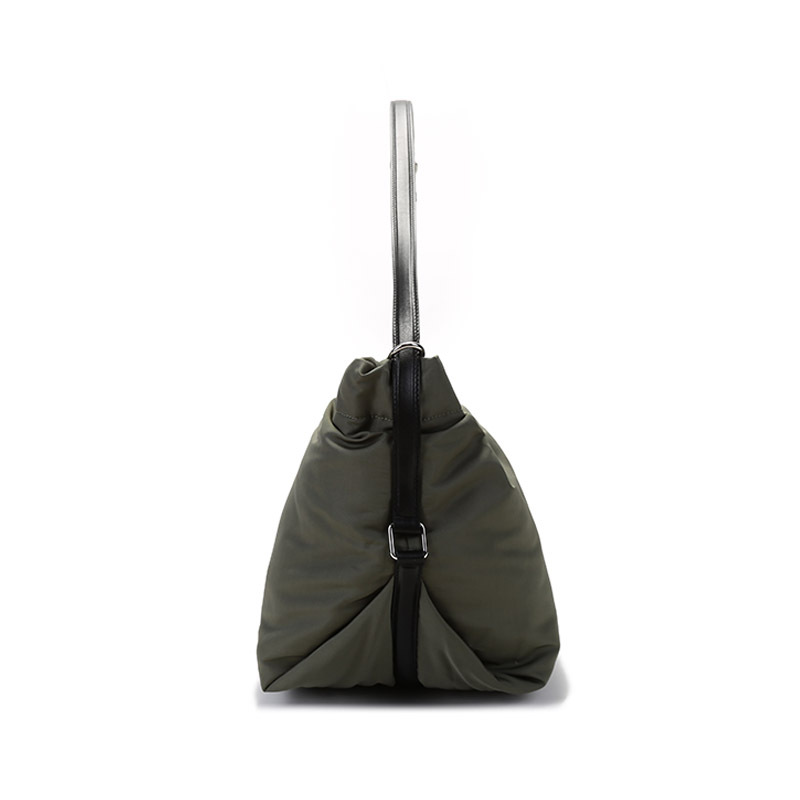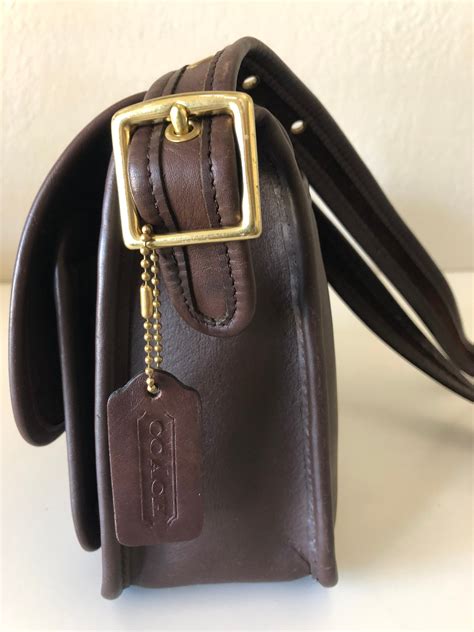gucci-familie | Gucci family photos
$159.00
In stock
The name Gucci resonates globally. It evokes images of opulent leather goods, iconic designs, and a legacy of Italian craftsmanship. But behind the shimmering façade of the luxury brand lies a complex and often turbulent family history, marked by ambition, infighting, and ultimately, a shocking act of violence. This article delves into the Gucci-Familie, exploring their rise to prominence, the internal conflicts that plagued them, the infamous scandal that rocked the fashion world, and the current status of the surviving family members.
The Genesis of a Fashion Empire: From Florence to Global Recognition
The story of the Gucci-Familie begins in Florence, Italy, in 1921. Guccio Gucci, the patriarch, founded a leather goods company that initially catered to affluent equestrians. He recognized a niche market for high-quality leather products and accessories, establishing a workshop that would become the cornerstone of a global empire. Guccio's vision was clear: to create durable, stylish goods that reflected Italian craftsmanship and elegance.
Guccio's sons, Aldo, Vasco, and Rodolfo, played pivotal roles in expanding the family business. Aldo, particularly ambitious and entrepreneurial, spearheaded Gucci's international expansion, opening boutiques in major cities like New York, London, and Paris. He understood the power of branding and aggressively marketed Gucci's signature designs, solidifying its position as a luxury brand coveted by celebrities and the elite.
Rodolfo Gucci, born in 1912, initially pursued a career in acting, alongside his wife, Sandra Ravel. He later joined the family business and contributed to its growth. He was known for his refined taste and played a significant role in maintaining the brand's image of sophistication.
The Gucci family tree, while appearing relatively straightforward at its base, quickly branched out, leading to complex relationships and inevitable power struggles. The initial success of the brand brought immense wealth, but also sowed the seeds of discord among family members, each vying for control and influence.
Maurizio Gucci: The Heir Apparent and a Troubled Reign
Maurizio Gucci, born on September 26, 1948, was the only child of Rodolfo Gucci and Sandra Ravel. His upbringing was steeped in the Gucci legacy, and he was destined to inherit a significant portion of the family fortune and influence. In 1972, Maurizio moved to New York City to work for Gucci, immersing himself in the business and learning the intricacies of the global operation.
Maurizio's early years in the company were marked by promise and ambition. He possessed a natural charisma and an understanding of the brand's appeal. However, he lacked the ruthlessness and business acumen of some of his relatives, particularly his uncle Aldo.
Maurizio's personal life also played a significant role in the unfolding drama of the Gucci-Familie. In the early 1970s, he met Patrizia Reggiani, a socialite known for her extravagant lifestyle and ambition. They married in 1973 and quickly became a power couple, embodying the glamour and excess associated with the Gucci brand. They had two daughters, Alessandra and Allegra.
As Maurizio's influence within Gucci grew, so did his disagreements with other family members, particularly Aldo. The tensions centered around business strategy, creative direction, and, most importantly, control of the company. Maurizio favored a more conservative approach, focusing on maintaining the brand's traditional values, while Aldo pushed for more aggressive expansion and diversification.
The Gucci Family Scandal: A Descent into Infighting and Legal Battles
The internal conflicts within the Gucci-Familie reached a boiling point in the 1980s. Aldo Gucci, facing tax evasion charges in the United States, was eventually convicted and imprisoned. This legal battle further strained the already fragile family relationships and weakened Aldo's position within the company.
Maurizio seized the opportunity to consolidate his power. He orchestrated a series of maneuvers that ultimately led to him gaining control of Gucci in the late 1980s. This victory, however, proved to be short-lived. Maurizio, lacking the business acumen of his predecessors, made a series of questionable decisions that led to significant financial losses for the company.
He invested heavily in new ventures that failed to generate sufficient revenue, and his management style was perceived as erratic and indecisive. Gucci began to lose its competitive edge, and its brand image suffered. By the early 1990s, the company was on the brink of collapse.
In 1993, facing mounting debt and pressure from investors, Maurizio was forced to sell his remaining shares in Gucci to Investcorp, a Bahrain-based investment company. This marked the end of the Gucci family's direct control over the company that bore their name.
The Murder That Shocked the World: Patrizia Reggiani and the Ultimate Betrayal
Maurizio's financial woes were compounded by his deteriorating personal life. In 1985, he left Patrizia Reggiani for a younger woman, Paola Franchi. This decision deeply angered Patrizia, who felt betrayed and humiliated. She publicly voiced her resentment towards Maurizio and his new relationship, making no secret of her animosity.
gucci-familieAdditional information
| Dimensions | 7.8 × 5.8 × 1.4 in |
|---|








